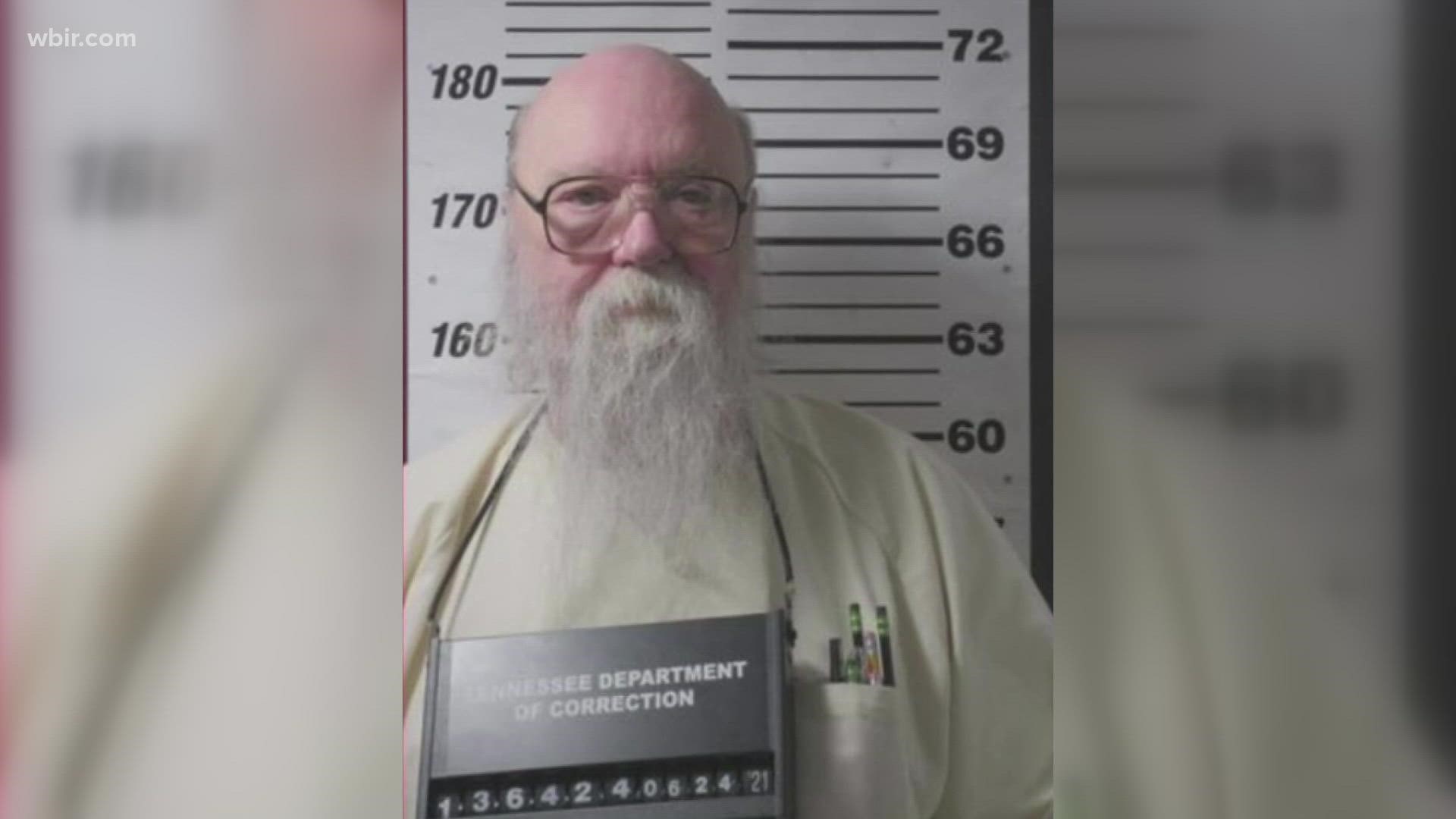NASHVILLE, Tenn. — The Federal Public Defender is requesting Gov. Bill Lee to place a moratorium on Tennessee executions and to appoint an independent commission to study the state’s execution protocol after the governor issued a last-hour reprieve for a death row inmate scheduled to be executed last week.
Federal Public Defender Kelley J. Henry, Chief, Capital Habeas Unit, represents Oscar Smith, who was given a last-hour reprieve by Lee last Thursday because of “an oversight in preparation for lethal injection.” Lee announced the reprieve an hour before the scheduled execution time.
“We are grateful to you for stopping last week’s execution of Oscar Smith. Now, in light of ongoing irregularities with Tennessee’s execution protocol, we ask that you go further. We ask that you impose an immediate moratorium on all Tennessee executions and appoint an independent commission to review the entire Tennessee execution protocol,” Henry and Amy D. Harwell, Assistant Chief, Capital Habeas Unit, said in a letter to the governor. “Such action would not only be courageous but would also be the right thing to do for the residents of this state who deserve to know that the most solemn act of government is approached with the utmost care and professionalism. It would be the right thing for the condemned and their families. It would be the right thing for victims’ family members.”
Henry and Harwell said that whatever the “oversight” that led to the last-minute reprieve, “there can be no trust in the Department of Correction to carry out an execution without first conducting an independent investigation of the execution protocol.”
The governor and the Tennessee Department of Correction have not said what the "oversight" was that led to the reprieve.
“The secrecy that shrouds the execution process in Tennessee is troubling, even more so where now one week later we still don’t know what happened to cause the last-minute delay,” the letter stated.
The attorney said in the letter that there have been problems every time the Department of Correction has used or attempted to use the three-drug protocol. They said public records show the execution team failed to prepare a backup set of syringes in the 2018 execution of Billy Irick. They also said statements from journalists who acted as witnesses to his execution proved Irick was still conscious when the paralytic took hold and pulled down the chemical veil.
Public records show that some drugs used in the 2019 Don Johnson execution were left out of refrigeration in contravention of the compounding pharmacies instructions. Media accounts of Johnson’s execution established that, like Irick, Johnson was still conscious when the paralytic took over.
The letter states that Tennessee is an outlier in using the risky midazolam-based lethal injection protocol. Ohio and Arizona have moved away from the protocol after several public examples of its failure to anesthetize the condemned. Ohio Gov. Mike DeWine said he would not authorize the use of the cocktail under his administration. Arizona agreed to a consent order forbidding the use of midazolam in its protocol after Joseph Wood writhed in pain for an hour and a half.
The letter also said, “the next two drugs in the protocol cause such a risk of torture they are forbidden from use in an animal euthanasia in our state and every other.”
“What we do know is that many serious and important questions about how TDOC staff and the contract pharmacy produce, store, prepare, ship, and handle these high-risk sterile injectables remain unanswered,” the attorneys write. “With secrecy comes lack of accountability. With secrecy comes sloppiness. And with secrecy comes a high risk of mistakes.”
The Federal Public Defender’s Office represents two of the remaining four men with execution dates set for this year, Byron Black and Donald Middlebrooks, and also represent more than half of the men on Tennessee’s death row.
Henry has litigated issues surrounding execution protocols since 1999. She said that every time a new complaint has been filed, TDOC has changed its protocol in response.
“Our concerns are not speculative,” the attorneys wrote. “We have spent years educating ourselves on the process of lethal injection and our concerns about the three-drug protocol are grounded in science.”

